Our mission is to prevent the emergence of precarious situations by giving vulnerable populations access to stable employment and income.
The complete eradication of poverty will only be possible if the principles of an inclusive economy prevail, an economy that serves the Sustainable Development Goals of the United Nations Agenda 2030.
Thus, PPI has been particularly active in addressing the multiple needs of vulnerable populations hit hard by the COVID-19 epidemic and its impact on their income.
In order to respond to the new issues of economic inclusion and to bring ever more effective solutions to the populations that need them, we have affirmed our choice to promote the positive economy and extended our fields of expertise.
We activate three essential levers in a combined manner to develop the socio-economic resilience of the most fragile populations:
• Knowing how to create and develop a revenue-generating activity
• Being able to finance one’s activity and protect one’s income
• Gaining access to markets
Financial education and inclusion
We work with all financial actors (banks, microfinance institutions, cooperatives, insurers,postal and telecom operators) to develop financial services and distribution networks that are inclusive and respect social performance rules.
PPI acts to create the conditions for good economic development by participating, for example, in the creation and support of health coverage (mutual insurance, networks) for vulnerable populations, as in the Zina project in Madagascar. Financial inclusion can also be achieved through the creation of revolving credit funds that provide young people or companies with loans to launch or support their economic activity.
PPI is also working to develop financial literacy training modules to match public demand with financial offerings from institutions.
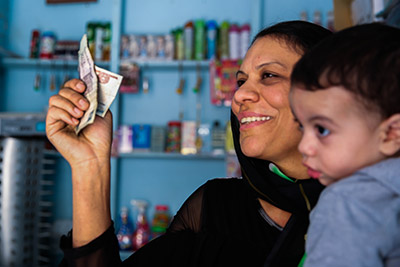
Entrepreneurship
By relying on the local associative or institutional fabric, we define support mechanisms for micro-entrepreneurs, and design and implement services adapted to their needs.
These measures can take the form of efficient support or incubation programmes that strengthen the structuring of entrepreneurs by offering them an environment and tools conducive to the sustainable development of their economic activity. In the framework of the AGreenLab project, they are useful either to young people wishing to accelerate existing innovative start-ups, or to those wishing to create/develop small and medium-sized enterprises (SMEs) in the agri-food and renewable energy sectors.
PPI provides expertise to equip incubators and entrepreneurs to network and work internationally. Innovation such as digital technology tools offer new opportunities to vulnerable populations, enhancing their social and financial inclusion,becoming a driver for job creation.
A special focus is placed on promoting inclusive and digital entrepreneurship as a vector for female empowerment, as in the Digit’Elles project in Senegal.
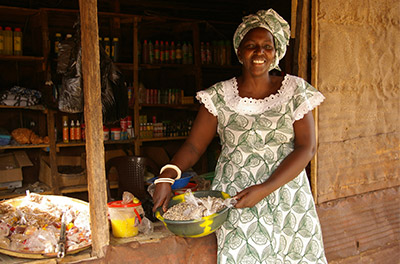
Inclusive value chains
In cooperation with large international buyers, especially of products issued from agriculture, we support small-scale producers in structuring inclusive value chains in which the income of the population is secured.
Within the framework of this business line, PPI works mainly to strengthen agricultural activities (beekeeping, vanilla, shea butter, olive oil, etc.) in order to turn them into a profitable and sustainable economic activity for the producers. To do this, PPI works with local associations or networks to recruit and train new producers, provide innovative equipment and technical assistance to strengthen the financial, operational and managerial capacities of producers.
In cases where there is little or no collective organisation already in place, such as in the vanilla sector in Madagascar, PPI assists in the creation of producer groups and agricultural cooperatives so that the strengthening of the sector benefits producers, their families and the sector as a whole.
Because the prevention of precarious situations can also concern other needs, PPI, thanks to its strong involvement in the field, is able to prepare diagnoses, define economic equations and set up appropriate partnerships to respond to them. This is how PPI has been particularly active in responding to the multiple needs of vulnerable populations hit hard by the COVID-19 epidemic and its impact on their income
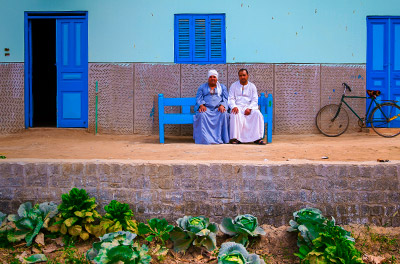
Geographic expertise
PPI operates in low-income countries where the economic situation of the populations is fragile and political stability is often uncertain. In addition to the considerable health impact, the global pandemic of COVID-19 has greatly increased economic insecurity, particularly for the most vulnerable populations, namely women and youth, by temporarily or permanently halting economic activities and therefore jobs. It is also to face these challenges that PPI adapts its actions to the multiple local specificities of each of its countries of intervention.
West and Central Africa
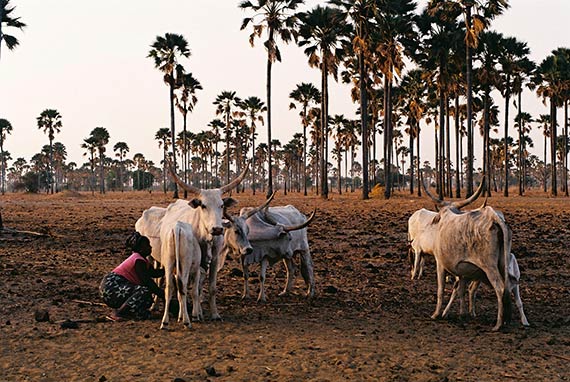
The area has been and is still facing many political and security challenges. These disturbances have an economic impact on each of the countries in the area and on migration flows. The area remains economically dependent on agriculture and suffers from numerous droughts aggravated by climate change. Unemployment is particularly high, especially among women and young people.
66% of the African adult population has no access to formal banking and financial services according to the 2017 Global Findex report. This rate reaches more than 82% for the 8 West African countries that are members of the West African Economic and Monetary Union (UEMOA).
Despite these difficulties, People Power Inclusion is focusing its strategy on the opportunities of the technological revolution that are taking place on the African continent. The African continent has a massive number of phone subscriptions. In fact, by 2020, there were more than 820 million telephone subscriptions in sub-Saharan Africa, which corresponds to a population coverage rate of 82% in the region (source: World Bank).
By focusing its strategy on the development of simple and easy-to-access mobile banking, employability and access to entrepreneurship for young people, PPI is responding to the main strategic development challenges in this area.
North Africa and the Middle East (MENA)
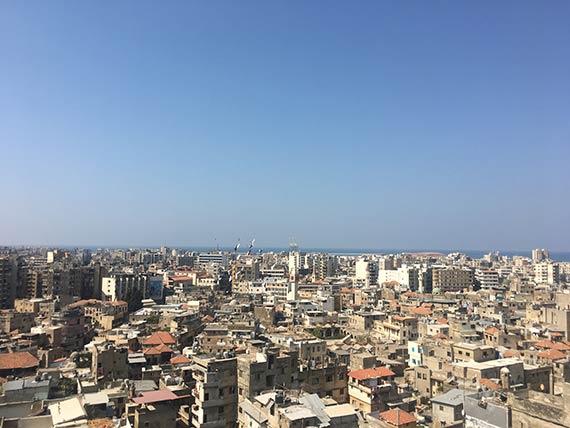
The Middle East and North Africa (MENA) region is a very heterogeneous area when looking at per capita income.
This area includes both rich oil countries (Qatar, UAE, Saudi Arabia), oil exporting countries (Iran, Iraq) as well as very low-income countries such as Sudan or Yemen. The decline in oil prices, the state of permanent conflict and very high unemployment, especially for women and young people, suggest that the coming years will be even more difficult for the countries of this region.
MENA is the part of the world where financial inclusion is the least advanced and most unequal by gender. According to World Bank figures, in 2018, 52% of men and only 35% of women had a bank account. But the particularly high number of people with mobile phones offers an opportunity to increase financial inclusion. Indeed, among the unbanked, 86% of men and 75% of women have a mobile phone.
Indian Ocean / Madagascar
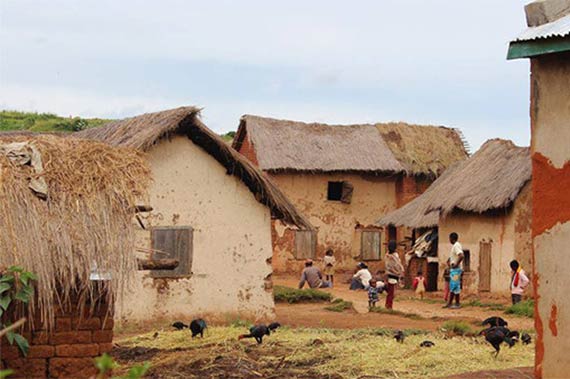
Madagascar is the fifth poorest country in the world and yet it is one of the countries that receives the least support from Official Development Assistance (ODA). According to the World Bank, in 2019, its ODA amounted to USD 28 per capita per year compared to USD 170 per capita per year in Afghanistan for example.
This country is marked by the precariousness of its basic infrastructures:
• 40,000 km of roads are lacking
• There are vast medical deserts, while diseases such as cholera, polio and plague remain prevalent
• Only 26.9% of the population had access to electricity in 2019
• Financial inclusion falls short of 10%.
Regularly hit by destructive cyclones, Madagascar is also one of the countries in the world most affected by climate change : nearly two million of its young population are now food insecure.
The country’s economic situation and the unstable political context only further hinder its development. Therefore, PPI is committed to providing all the necessary tools for vulnerable populations to achieve financial autonomy.